Explore the top 10 essential software tools that are revolutionizing small businesses in 2024, empowering owners to streamline operations, boost productivity, and stay ahead of the competition.
QuickBooks Online
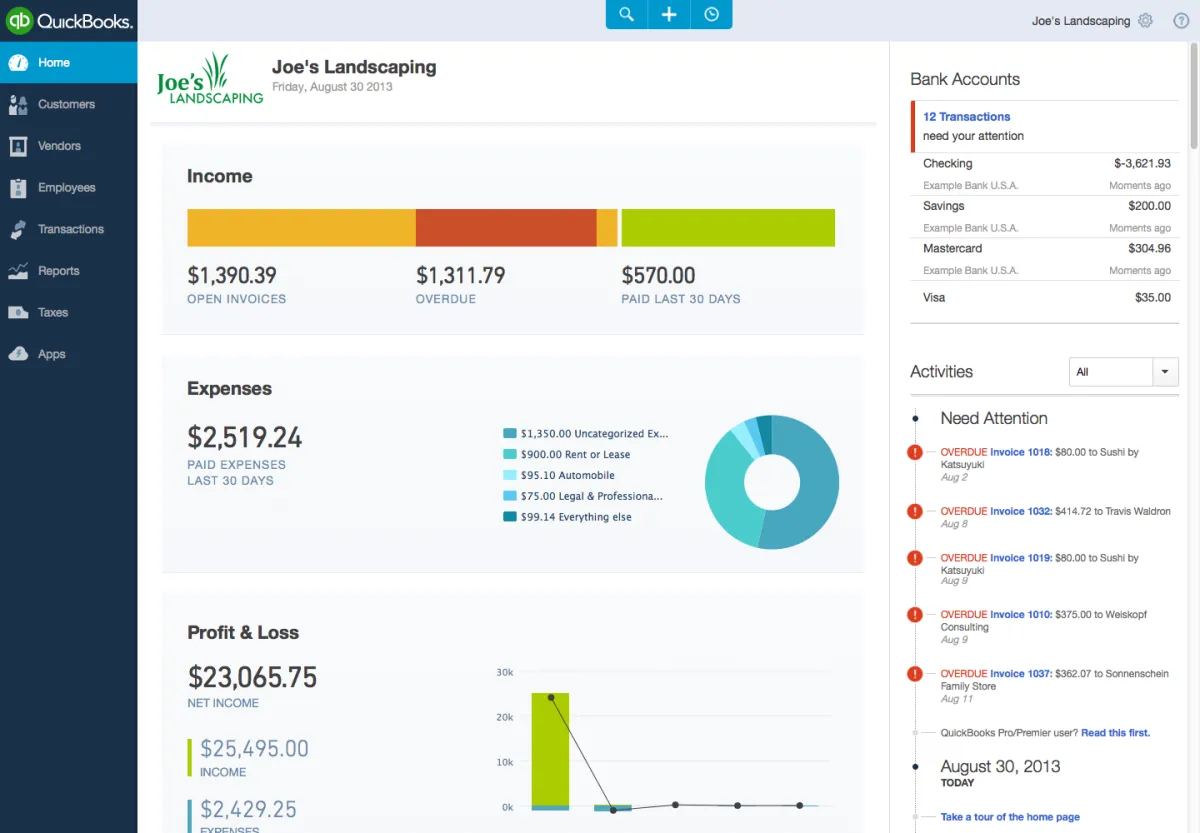
For many small business owners, QuickBooks Online needs no introduction. It’s a name synonymous with accounting software, and for good reason. QuickBooks Online offers a robust suite of tools designed to streamline financial management.
Key Features of QuickBooks Online:
- Invoice creation and tracking
- Expense management
- Bank reconciliation
- Financial reporting (profit and loss, balance sheets, etc.)
- Payroll integration (with additional fees)
- Inventory management (with higher-tier plans)
Why Choose QuickBooks Online? QuickBooks Online stands out due to its user-friendly interface, extensive features, and vast integration options. It’s cloud-based, making it accessible from anywhere, and it scales with your business, offering different pricing tiers to suit evolving needs.
Xero
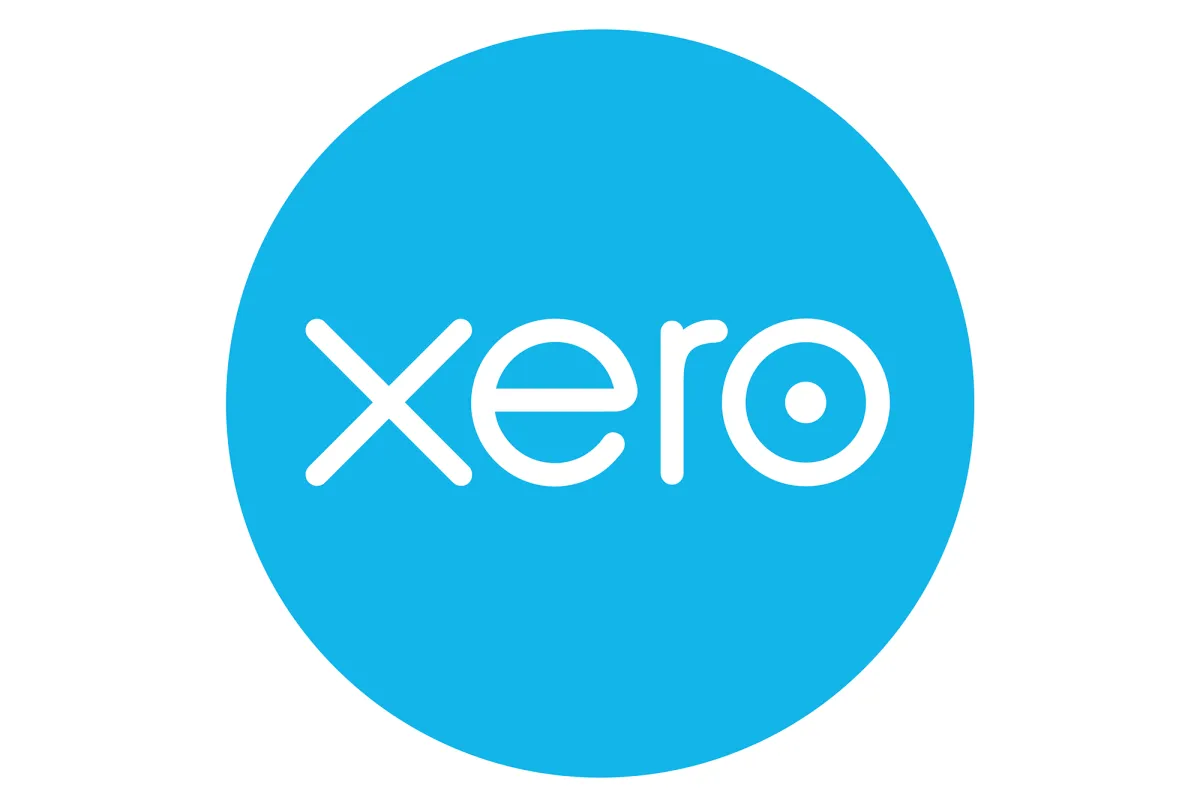
Xero is a cloud-based accounting software that is perfect for small businesses. It is easy to use and can be accessed from anywhere with an internet connection. Xero offers a wide range of features, including:
- Invoicing and quoting
- Expense tracking
- Bank reconciliation
- Financial reporting
- Payroll integration
Xero also integrates with a wide range of third-party apps, making it a very versatile solution. If you are looking for a comprehensive and easy-to-use accounting software, Xero is a great option.
Key Benefits of Xero for Small Businesses
- User-friendly interface: Xero is designed to be intuitive and easy to learn, even for users with no prior accounting experience.
- Cloud-based accessibility: Access your financial data from anywhere, anytime, using any device with internet connectivity.
- Real-time collaboration: Work seamlessly with your accountant or team members, sharing real-time financial information.
- Automated features: Automate tasks such as bank reconciliation and invoice reminders, saving time and reducing manual errors.
- Scalability: Xero can grow with your business, offering plans and features suitable for businesses of all sizes.
Salesforce
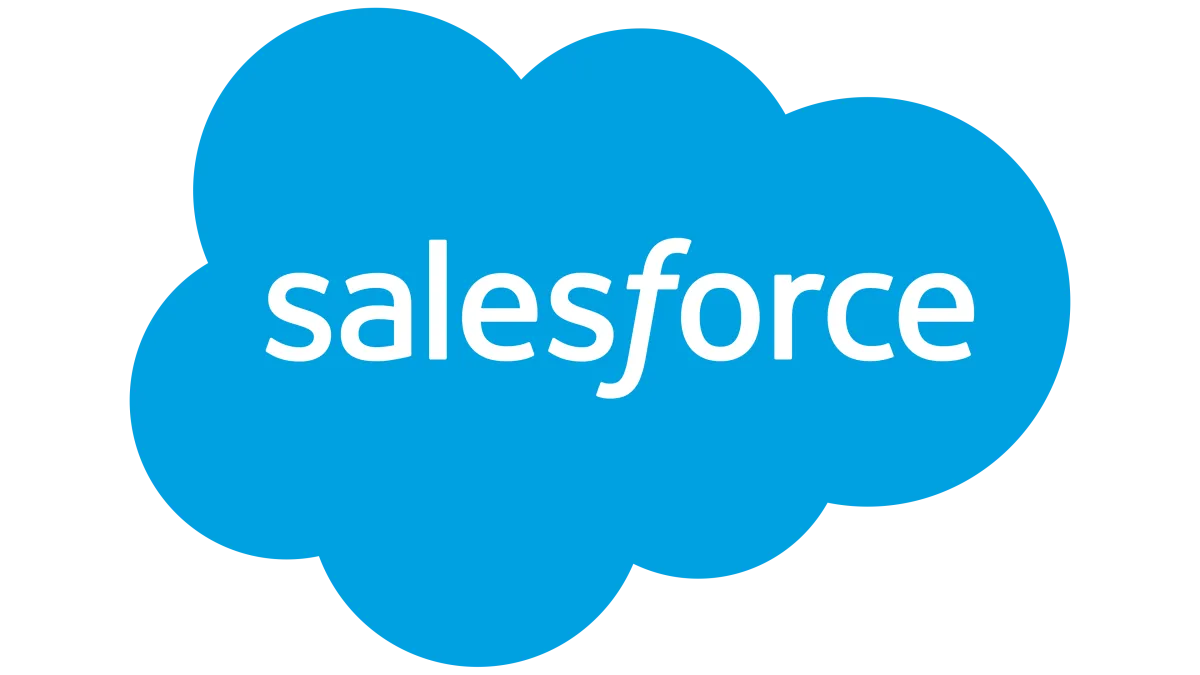
Don’t let the big name fool you – Salesforce isn’t just for enterprise-level companies anymore. Salesforce offers scalable solutions tailored for small businesses, including their popular Sales Cloud. This platform helps you manage contacts, track leads, automate sales processes, and gain valuable insights into your sales pipeline, all within a user-friendly interface.
Benefits for Small Businesses:
- Improved lead generation and management.
- Streamlined sales processes and automation.
- Enhanced customer relationship management (CRM).
- Data-driven insights for decision-making.
- Scalable plans to grow with your business.
While Salesforce can offer a robust solution, it can have a steeper learning curve and might be a larger investment than some small businesses need when just starting out. Consider your budget, technical expertise, and the complexity of your sales process when evaluating Salesforce.
HubSpot
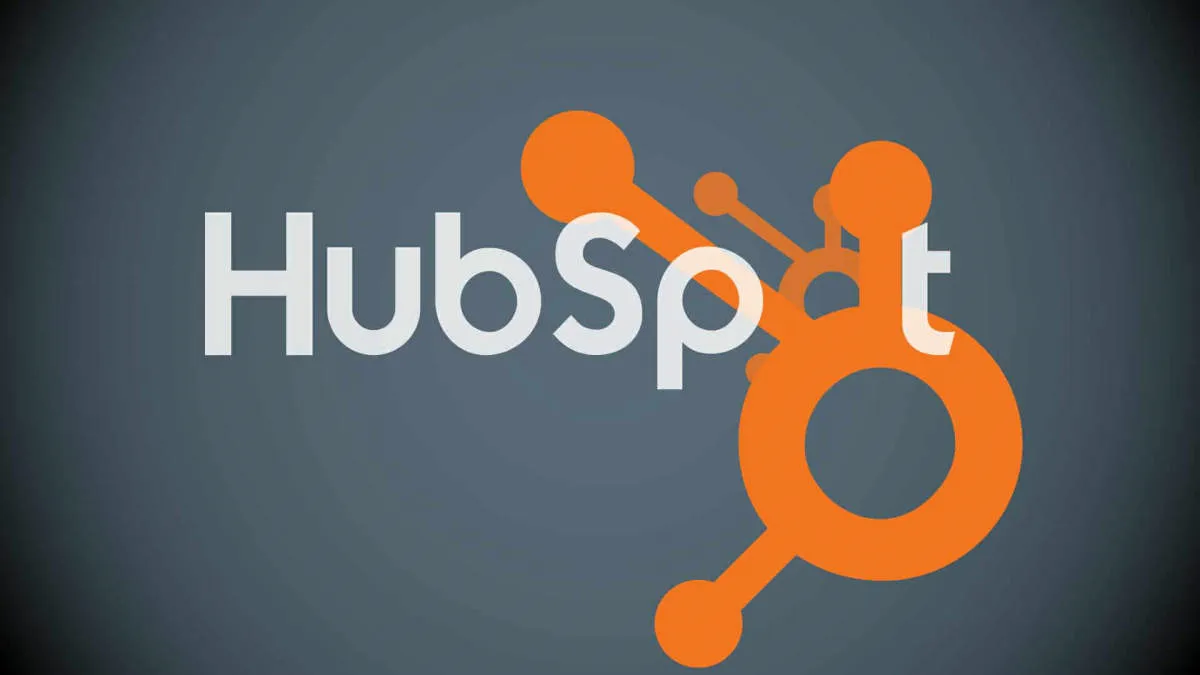
HubSpot is a leading customer relationship management (CRM) platform that offers a suite of tools designed to help businesses grow. While HubSpot offers plans for larger companies, they are well known for providing a robust free plan making it a great option for small businesses on a budget.
Key features for small businesses include:
- Contact management
- Email marketing
- Forms
- Landing pages
- Live chat
- Social media management
- Basic reporting and analytics
HubSpot can help small businesses:
- Organize and manage their contacts
- Create and send professional email campaigns
- Generate leads through their website
- Track customer interactions
- Improve their marketing and sales efforts
Mailchimp

Mailchimp is a popular email marketing platform designed to help businesses grow. With its intuitive interface and robust features, even those with minimal technical expertise can create professional-looking email campaigns. Mailchimp offers a variety of templates, automation tools, and analytics to help you effectively reach your target audience and track your results.
Key Features for Small Businesses:
- Drag-and-drop email builder for easy creation
- Pre-designed templates to fit various industries and purposes
- List segmentation for targeted campaigns
- Automated email sequences for welcome messages, abandoned carts, and more
- Detailed analytics to track open rates, click-through rates, and conversions
- Free plan available for businesses starting out
Canva

Canva is a user-friendly graphic design platform that has revolutionized the way small businesses approach visual content creation. With its intuitive drag-and-drop interface and a vast library of templates, images, and design elements, Canva empowers even the most design-averse individuals to create stunning graphics for various purposes.
Key Features for Small Businesses:
- Social media graphics: Design engaging posts, stories, and banners for all major platforms.
- Marketing materials: Create eye-catching flyers, brochures, posters, and presentations.
- Logo maker: Develop a unique and professional logo for your brand.
- Content planner: Schedule and organize your social media content in advance.
- Collaboration tools: Work seamlessly with team members on design projects.
Canva offers a free plan with access to a wide range of features, making it an incredibly accessible tool for startups and small businesses with limited budgets. For businesses needing more advanced functionalities and content, Canva Pro provides additional benefits such as unlimited storage, premium templates, and brand kit creation.
Hootsuite
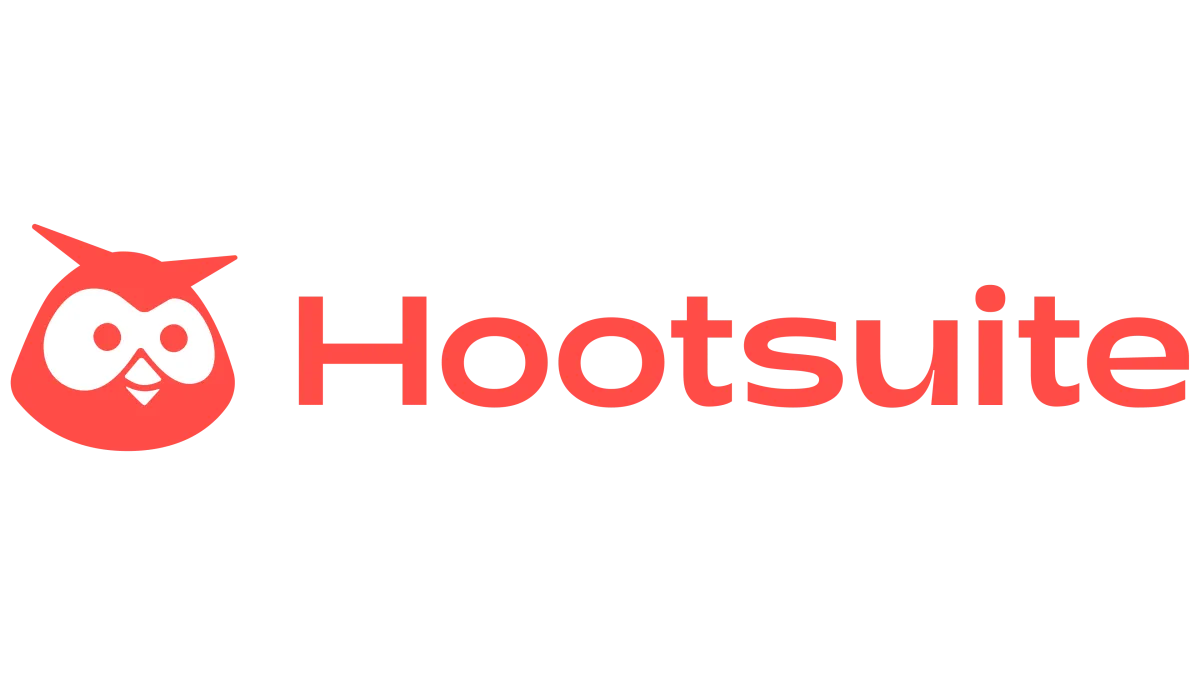
Hootsuite is a comprehensive social media management platform designed to streamline your social media efforts. It allows you to:
- Schedule Posts: Plan and schedule content across various social media platforms in advance, saving you time and ensuring a consistent online presence.
- Monitor Mentions: Keep track of brand mentions and relevant conversations to engage with your audience effectively and manage your brand’s reputation.
- Analyze Performance: Gain insights into your social media performance with detailed analytics. Track key metrics, measure the success of your campaigns, and identify areas for improvement.
- Collaborate with Teams: Hootsuite facilitates seamless collaboration among team members, allowing you to assign tasks, share approvals, and manage social media workflows efficiently.
With its user-friendly interface and robust features, Hootsuite empowers small businesses to maximize their social media impact, enhance brand visibility, and connect with their target audience effectively.
Shopify
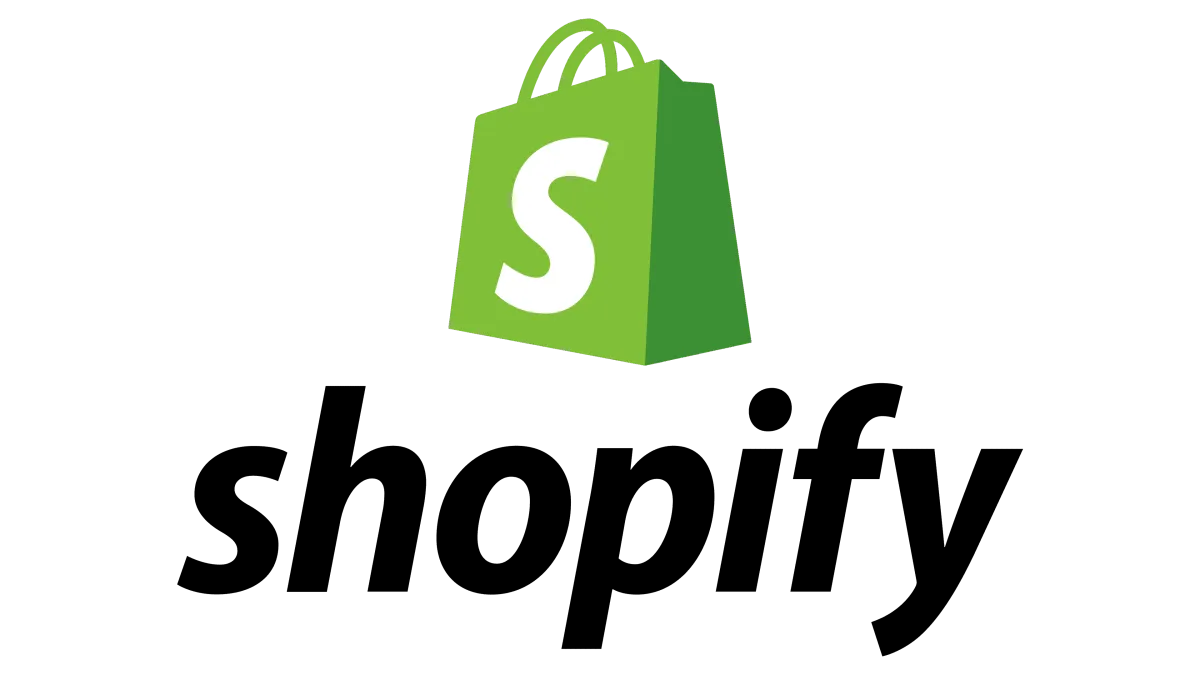
When it comes to launching an online store, Shopify stands as a giant in the e-commerce platform arena. Its intuitive interface and robust features make it a favorite for small business owners, particularly those new to the online world.
Here’s why Shopify makes the list:
- User-Friendly Design: Shopify requires no coding knowledge to set up and manage your store. Its drag-and-drop interface simplifies the process of adding products, customizing your storefront, and processing orders.
- Extensive App Store: Shopify boasts a vast app store, offering integrations with countless third-party tools for marketing, analytics, shipping, and more. This allows you to easily scale your business and streamline operations.
- Mobile Responsiveness: In today’s mobile-first world, having a responsive online store is crucial. Shopify themes are optimized for mobile devices, ensuring a seamless experience for customers browsing on smartphones or tablets.
- SEO Features: Shopify offers built-in SEO tools to help your store rank higher in search engine results. You can optimize product pages, create blog content, and manage meta descriptions, all within the platform.
- 24/7 Support: Running into a technical issue? Shopify offers round-the-clock support via phone, email, and live chat, providing peace of mind that help is always available.
Square

When it comes to essential software for small business owners, Square stands out as a comprehensive platform, particularly renowned for its point-of-sale (POS) system. Square POS offers a user-friendly interface, making it effortless to process transactions, manage inventory, and gain valuable insights into your business performance.
Key Features of Square for Small Businesses:
- Free POS Software: Square offers a free plan for its POS software, making it an accessible option for businesses starting.
- Mobile Payments: Accept payments anywhere using Square’s mobile card reader, making it convenient for businesses on the go.
- Inventory Management: Keep track of your products with Square’s inventory management tools, ensuring you can meet customer demand.
- Sales Analytics: Gain insights into your sales data, track performance over time, and make data-driven decisions to grow your business.
- Employee Management: Square offers tools for managing employees, tracking hours, and processing payroll, simplifying HR tasks for small businesses.
Square’s robust set of features and its commitment to providing free and affordable plans make it a top choice for small businesses looking for an all-in-one solution.
Zendesk

Zendesk is a powerful customer service platform designed to help businesses build better relationships with their customers. It offers a variety of tools for managing customer interactions, including ticketing, live chat, and a knowledge base.
Key features for small businesses:
- Ticketing System: Streamline support requests by turning emails, social media messages, and live chats into trackable tickets.
- Live Chat: Provide instant support to website visitors, answering questions and resolving issues in real-time.
- Knowledge Base: Empower customers to find answers themselves with a searchable library of helpful articles and FAQs.
- Reporting & Analytics: Track key metrics like response times and customer satisfaction to continuously improve your support processes.
Zendesk offers flexible plans that can be tailored to the needs of small businesses, making it a scalable solution as your business grows.
Conclusion
Choosing the right software tools can greatly enhance efficiency for small business owners in 2024, enabling better productivity and growth.

